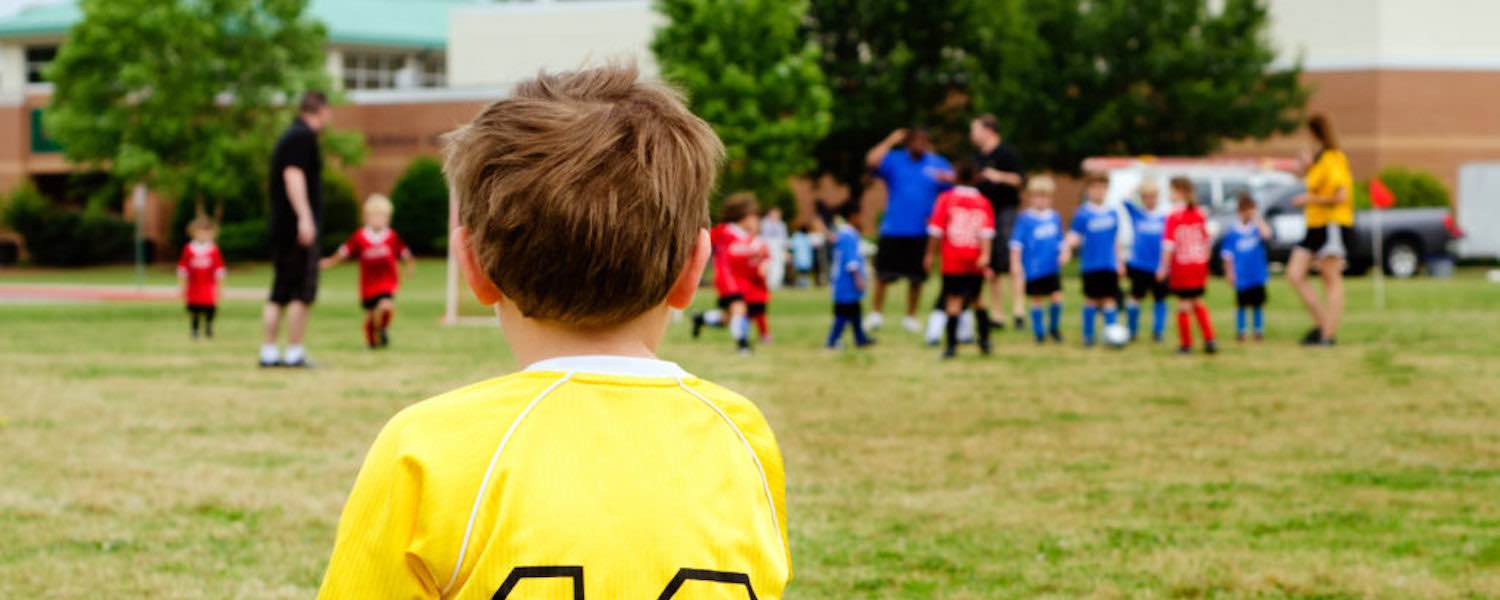So says Stanford psychology professor, Carol Dweck, when pointing out the ‘perils and promises of praise’. Dweck’s landmark study – initially with 5th graders – debunked the notions that: praising students’ intelligence builds their confidence and motivation to learn, and that students’ inherent intelligence is the major cause of their achievement in school.
Her research showed that the first belief is false and the second can be harmful – even for the most competent students.
Check out this video for a concise animated summary of the research.
This has implications for parents and children’s activity providers alike.
According to Dweck and her strong band of followers – supported by more and more research in psychology and neuroscience, praising effort contributes to a ‘growth belief system’. This results in children that tend to:
- Care about and invest themselves in learning,
- Believe that effort is a positive thing, causing their intelligence to grow,
- Try hard in the face of frustration and failure, and
- Look for new learning strategies.
Praising for effort – commending students for the processes they use – engagement, perseverance, strategies, improvement – fosters motivation, increased effort, willingness to take on new challenges, greater self-confidence, and a higher level of success. “Process praise keeps students focused, not on something called ability that they may or may not have and that magically creates success or failure, but on processes, they can all engage in to learn,” writes Dweck.
-
Here’s what this kind of adult praise sounds like: “You really practised hard for soccer/choir, and your improvement shows it. You worked your best on those little things I suggested. That really worked”.
By contrast; praising for intelligence: many parents (and previously many educators) believe that commending children for being smart will increase their self-confidence and help them enjoy learning. Not true! “Praising students’ intelligence gives them a short burst of pride,” says Dweck, “followed by a long string of negative consequences.” This kind of praise pushes the child into the innate-intelligence mindset, which makes them more fearful of messing up, less willing to work hard to learn new skills, and less adventurous with difficulty.As Teach for Australia’s Daniel Cavanagh stated, “I continue in all my classes to carefully control the way I use praise, and repress the urge to compliment my students on their brilliance. It’s a small, yet incredibly powerful step to help them achieve the success they deserve.
Check out: “The Perils and Promises of Praise” by Carol Dweck in Educational Leadership, October 2007 (Vol. 65, #2, p. 34-39), full article available at www.ascd.org.Compiled by Ross Gage; BHMS Ed, University of Queensland
Australian Children’s Activities Association.

